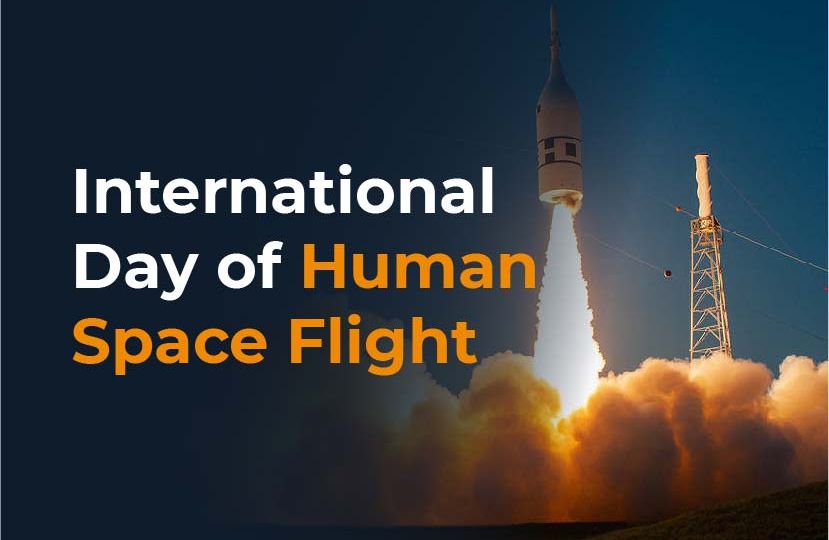

Innovations and Interoperability: How IGS supports Space Exploration
By IGS Central Bureau
The successful interplanetary navigation of current and future space flight missions requires very high precision positioning, navigation and timing (PNT) resources provided by international collaborations in geodesy. Recent advances in Global Navigation Satellite System (GNSS) have enabled novel and improved navigation applications here on Earth; similarly, space exploration activities could also become much more sustainable, autonomous, and efficient than before with the help of GNSS. Orbiting spacecraft, entry descent and landing (EDL), surface navigation activities, planetary airborne maneuvers (like the Jet Propulsion Laboratory Mars Helicopter), and weather balloons stand to greatly benefit from a space-based, interoperable and cost-effective positioning and navigation system.
To support the next great advances in space flight, agencies like the European Space Agency (ESA) and the National Aeronautics and Space Administration (NASA), are developing navigation architecture that will provide accurate PNT services for upcoming missions to the Moon, Mars, and beyond. As early as 2023, an ESA moon-bound payload is expected to carry an advanced GNSS receiver. ESA has also developed a preliminary design study (including a possible mission roadmap) of a GNSS system for Mars that would span several decades as part of their space exploration program.
Engineers from NASA Space Communications and Navigation (SCaN) program are also working on developing a navigation infrastructure utilizing lunar applications of geodesy-based resources, including using GNSS signals as part of the Artemis missions. In partnership with the Italian Space Agency, NASA plans to land the Lunar GNSS Receiver Experiment (LuGRE) on the Moon’s Mare Crisium basin by 2023. The data gathered will be used to develop operational lunar GNSS systems for future missions to the Moon.
Both NASA and ESA are contributing organizations to the International GNSS Service (igs.org), which plays a key role in supporting space and Earth PNT efforts by advocating enhanced interoperability among current GNSS service providers.

Follow
James Joseph Miller
Policy & Strategic Communications – Space Communications and Navigation
Human Exploration and Operations Mission Directorate – NASA Headquarters
“IGS is a key tool for monitoring GNSS signals and over time to improve the positioning, navigation, and timing services available to users in Cislunar space. Analysis of GNSS data enables us to improve vital models (gravity maps, tidal forces, ionospheric electron content, etc.) used to determine the orbit of GNSS satellites, thereby providing better performance to all users.
At NASA, we coordinate [with international partners] on improving GNSS technologies and techniques and in particular, the work done at the IGS on behalf of scientists around the world ties us all together by allowing us to access and process GNSS service performance. The importance of such capabilities will only increase as more critical infrastructure is tied into emerging space-based positioning, navigation, and timing services.”
GNSS capabilities will continue to play a critical role in future space exploration initiatives, providing the essential positioning information for spacecraft navigation. In support of this, the IGS longstanding commitment to “provide, on an openly available basis, the highest-quality GNSS data, products and services” will hopefully continue to support advancement of these capabilities for cislunar exploration and beyond.
For more information:
- What is Artemis?
- NASA Explores Upper Limits of Global Navigation Systems for Artemis
- Interplanetary GNSS
- GNSS-based Search and Rescue Support to Human Spaceflight
Also in the news:
- ESA, NASA Race to the Moon for First Lunar GNSS Fix
- Lunar GNSS Receiver Experiment (LUGRE) to Deliver First GNSS Fix from the Moon in 2023
- Across the Lunar Landscape – Exploration with GNSS Technology
Last Updated on 20 Oct 2022 22:44 UTC

